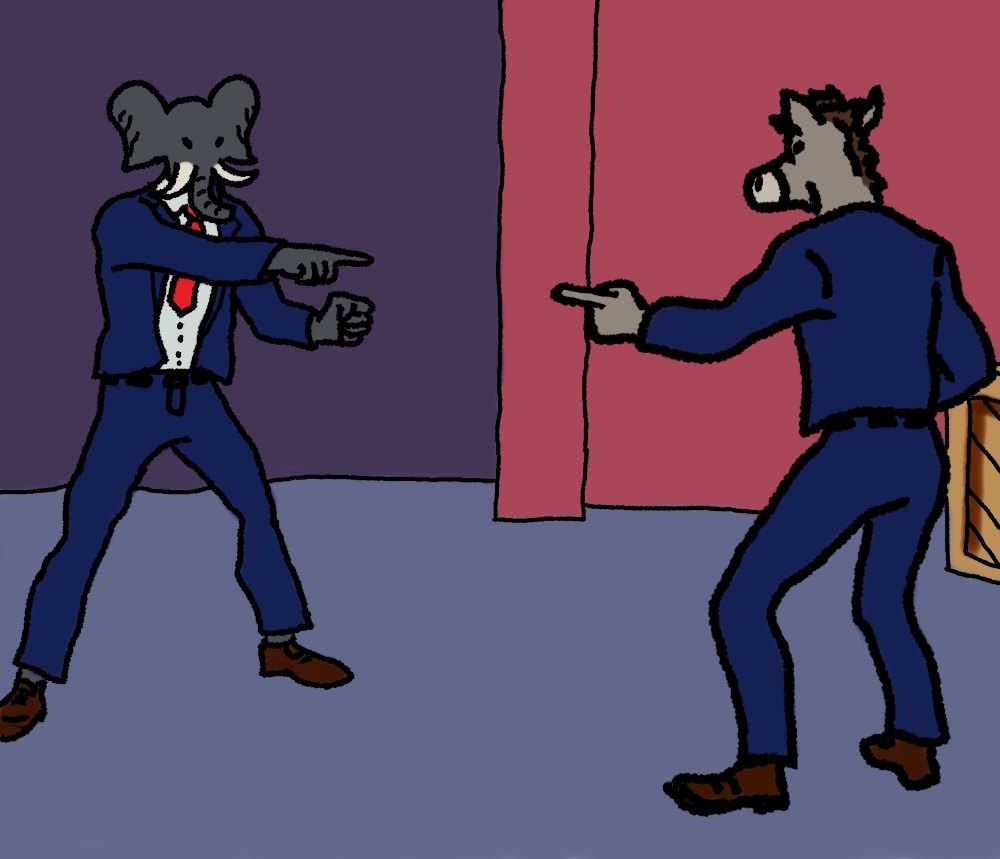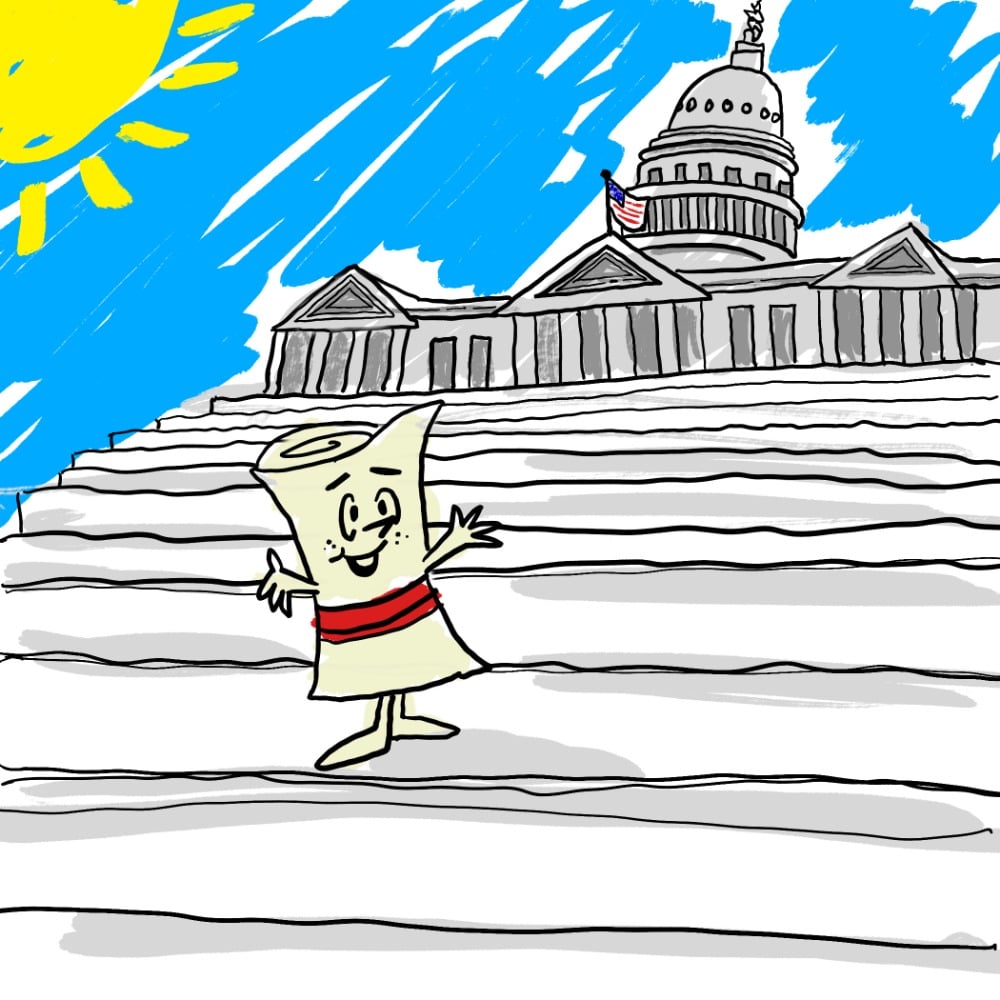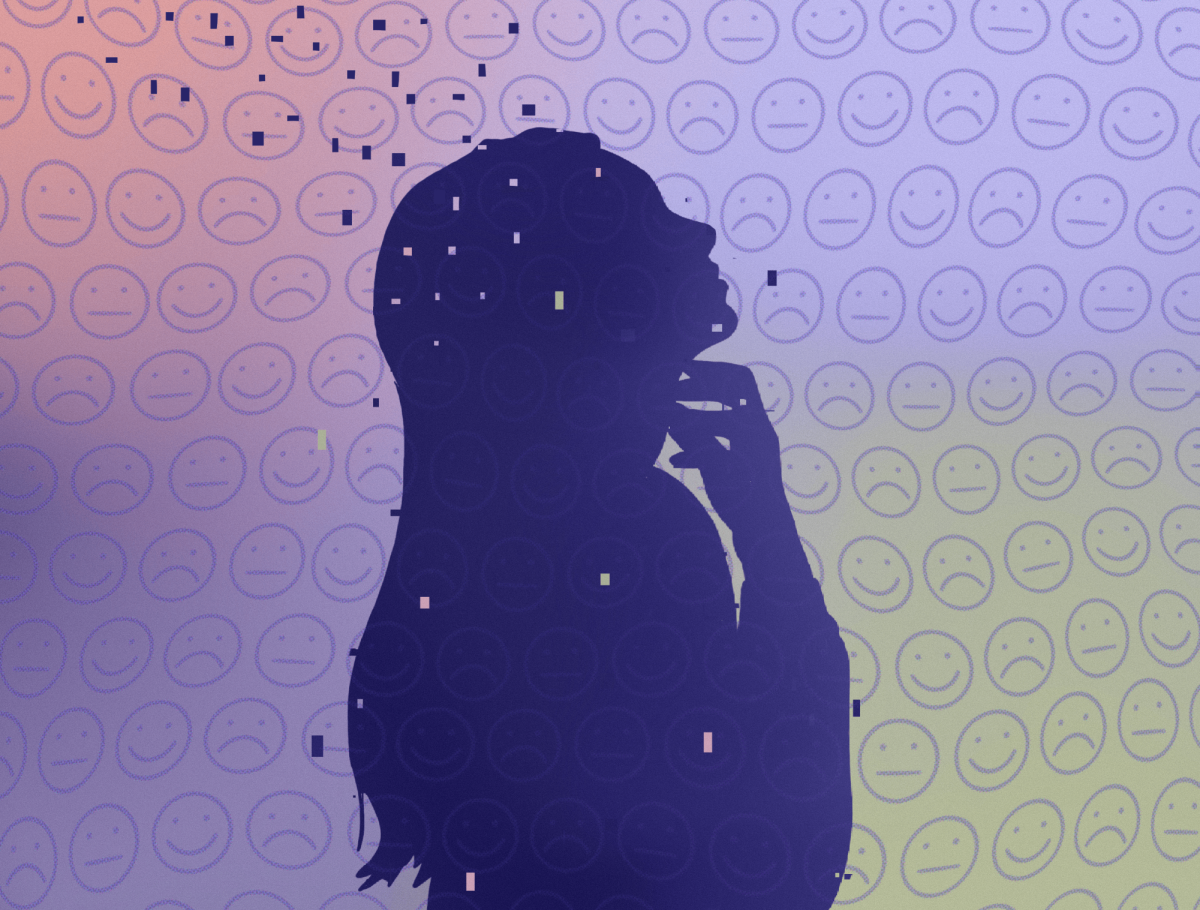Center for Media Engagement researchers found interacting with partisan memes can lead to the creation of networks with like-minded people, according to a study published in early June.
Also known as homophilous networks, these groups are full of users who interact with people who share similar ideologies more than they interact with people of opposing ideologies, according to the study.
“It’s really important that we consider those things that we don’t think of as containing political information, but they’re certainly communicating attitudes and beliefs about politics that could have some impact on people,” said Jessica Collier, a former postdoctoral fellow at the Center for Media Engagement.
In terms of partisan information, people tend to react more strongly to partisan memes, such as responding with a “love” or “haha” as opposed to news, which tends to get more “like” reactions, according to the study. However, people do respond similarly to news and memes in terms of sharing, commenting and blocking.
“People seeing counter-attitudinal memes are more likely to block the meme sharers than those seeing pro-attitudinal memes, thus increasing the homogeneity of online networks,” according to the study.
In pretests, scientists tested multiple ways to stop the creation of homophilous networks, such as adding another type of Facebook reaction, according to lead researcher Yujin Kim.
While other solutions didn’t produce results, Kim said reminding participants of their diverse Facebook friend networks showed some promise. The study primed participants by asking them about the different areas of their lives their Facebook connections came from, which helped in some situations, although this solution received mixed results.
“The idea is called context collapse, where social media is this place where you have all of these contexts from your life that suddenly collapse into one where you’re sharing information with all of those people,“ Collier said. “I think more (research) is needed to understand (how that environment affects) the way that we share information.”
Collier said being exposed to an opposing viewpoint can be a good thing, but Kim pointed to its potential negative effects as well.
“Ideally, people can have access to more diverse point of views, but it also has some backlash effect, like when people see the counter-attitudinal, or non-like minded contents, they actually can (polarize more),” Kim said. “Just exposing the different point of view doesn’t always work.”
Collier said these findings could potentially translate to other platforms.
“When you’re studying social media, it’s this constant question of what new platform is (going to) overtake people in the moment that you’re trying to study another one,” Collier said. “Fortunately, memes transfer across platforms, so I think the findings probably do as well.”













